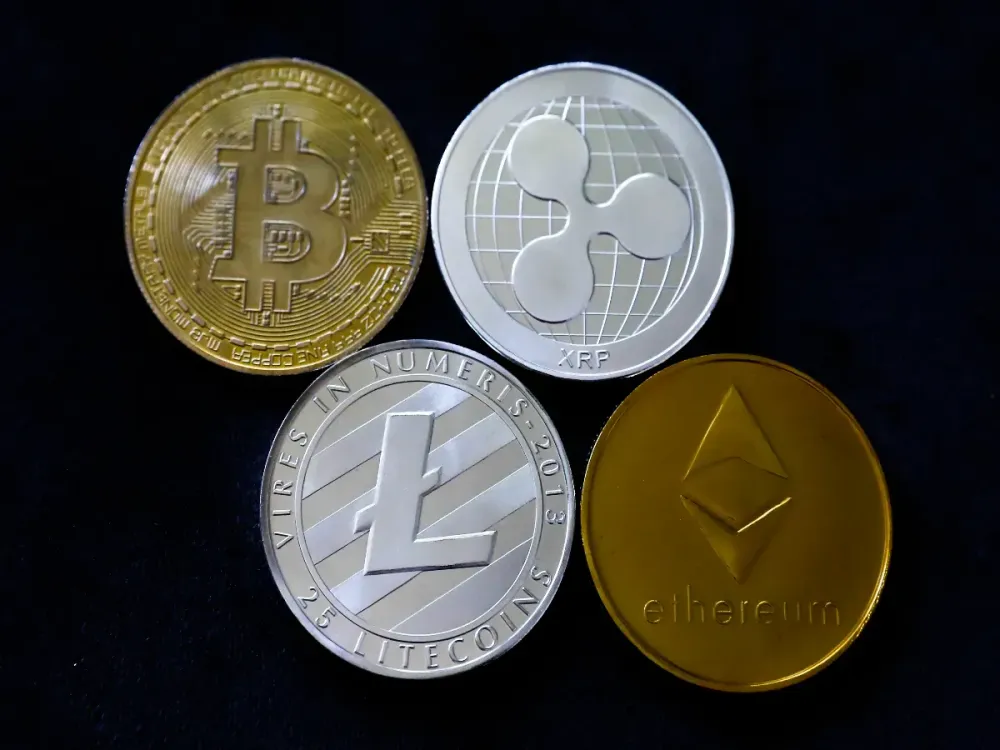Advertisement|Remove ads.
Sei Builds Cash Lanes For Robots

The future will not wait for human sign-offs.
Millions of AI agents are learning to reason, negotiate, and pounce on opportunity in less time than it takes your eyelid to twitch. They need money that moves just as fast. Traditional rails stall at banking hours, KYC bottlenecks, and fees that dwarf micro-revenues.
Most blockchains help a little, then choke when bots pile in. Sei (SEI) says its coming Giga upgrade will ditch the speed limit completely.
Analysts see agentic AI revenues exploding from five billion today to nearly two hundred billion by 2034. Nvidia’s (NVDA) Jensen Huang calls the prize “multi-trillion.” None of that value materializes if every trade needs a human button press.
AI agents must hold wallets, send micropayments, and settle debts without supervision. They also need settlement finality that beats the fastest rival algorithm. The chain that clears first wins the fees. Sei claims that chain.
Giga targets sub-400 ms finality with Twin Turbo consensus and parallel execution. Throughput climbs to five gigagas per block, enough for millions of transactions every second. Fees cost less than a sneeze, allowing bots to bill by the API call, stream royalties per millisecond, or bid for compute in real time.
Coinbase’s x402 spec already runs on Sei testnets, turning any HTTP endpoint into a pay-as-you-go vending machine. Speed unlocks new behavior.
A supply-chain agent can reroute containers the moment storms appear. A swarm of market makers can quote fifty venues at once, then hedge inventory before humans blink. Digital twins of wind farms can buy spare cloud time, crunch forecasts, and pay the invoice before the turbines rotate again.
None of that works on rails that stall at two-second blocks or five-cent gas.
Sei is not alone. Solana (SOL), Aptos (APT), and Layer-two rollups chase the same robots. What Sei owns today is a live network already tuned for high-frequency trading.
If Giga ships on schedule, the first generation of autonomous economic actors may sprint across its blocks. After that, regulators and tax collectors will scramble to keep up with the machines.
Also See: Uniswap Makes Fees Someone Else’s Problem
For updates and corrections, email newsroom[at]stocktwits[dot]com.













/filters:format(webp)https://news.stocktwits-cdn.com/large_Novo_Nordisk_jpg_96dd19f953.webp)
/filters:format(webp)https://st-everywhere-cms-prod.s3.us-east-1.amazonaws.com/Rounak_Author_Image_7607005b05.png)
/filters:format(webp)https://news.stocktwits-cdn.com/Getty_Images_2203832195_jpg_d80f13d1c7.webp)
/filters:format(webp)https://st-everywhere-cms-prod.s3.us-east-1.amazonaws.com/IMG_9209_1_d9c1acde92.jpeg)
/filters:format(webp)https://news.stocktwits-cdn.com/large_opendoor_OG_jpg_55300f4def.webp)
/filters:format(webp)https://news.stocktwits-cdn.com/large_Getty_Images_2262161352_jpg_832967dbca.webp)
/filters:format(webp)https://news.stocktwits-cdn.com/large_capricor_jpg_9f4f8ab098.webp)
/filters:format(webp)https://news.stocktwits-cdn.com/IMG_8805_JPG_6768aaedc3.webp)
/filters:format(webp)https://news.stocktwits-cdn.com/large_bitdeer_OG_jpg_8f9fd0249d.webp)
/filters:format(webp)https://st-everywhere-cms-prod.s3.us-east-1.amazonaws.com/Prabhjote_DP_67623a9828.jpg)